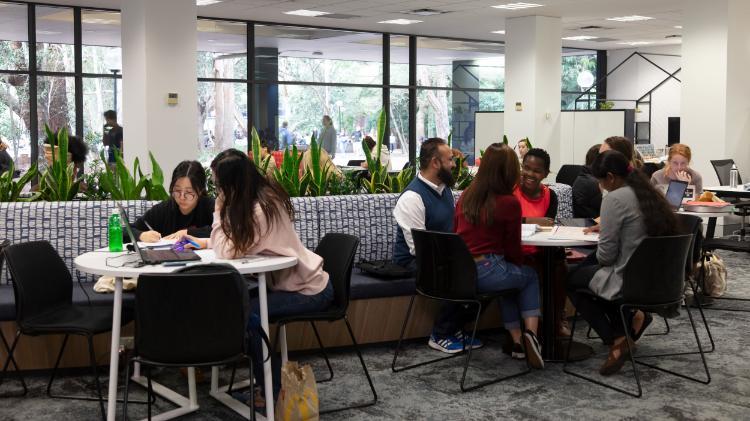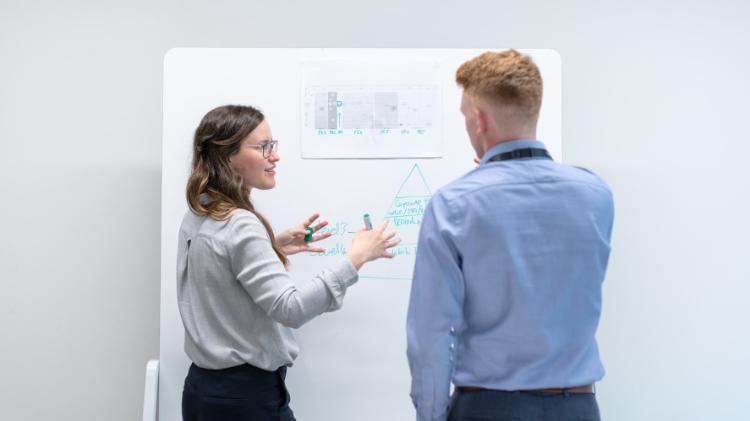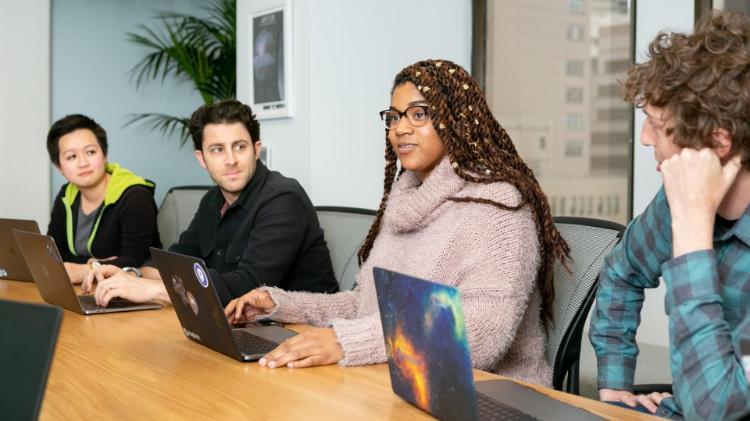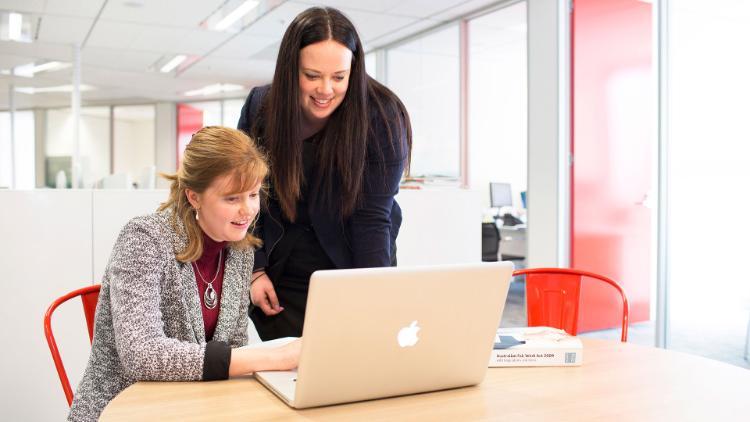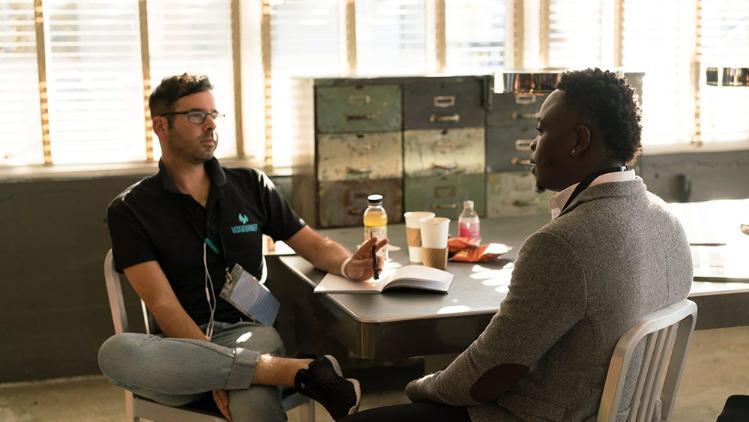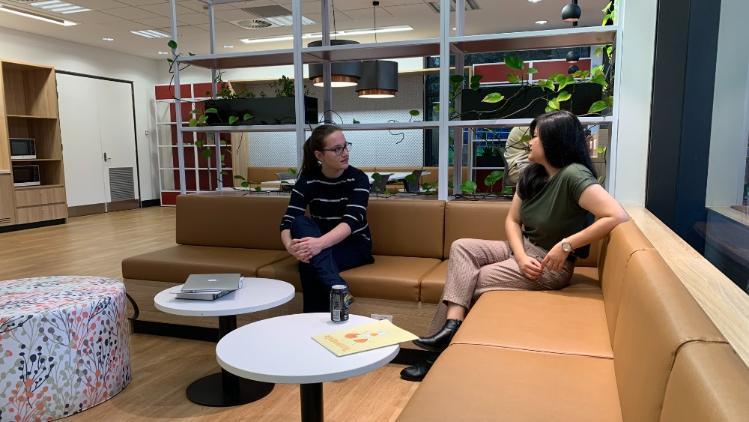Introduction
The Thriving Library Capabilities Framework describes the attitudes and capabilities essential for the University of Wollongong Library team. To be a truly thriving organisation, we believe it is essential that all Library staff develop the skills, capabilities, and personal attitudes required to contribute proactively as the Library continues to evolve.
The attitudes and capabilities are descriptive rather than prescriptive. Staff may use them to:
- identify their own digital strengths and preferences
- seek out and identify opportunities for career planning and development
- apply the principles when working with colleagues within and external to the Library
It can also be used as a tool for:
- developing position descriptions
- informing conversations between individuals and team leaders to identify development needs
- developing strong and effective relationships in project teams
- approaching the continuous improvement of services
- assessing the spread of capabilities and attitudes within a team and/or how best to harness individual strengths across team
Staff are encouraged to actively engage with the Framework in both active and reflective ways. A suite of support resources ('seed bank') including links to articles, learning opportunities, and engagement portals is available for each capability area, and staff are able to define their own development needs through the use of an interactive self-evaluation tool. The seed bank resources are updated regularly, providing staff with fresh opportunity to engage and further their development. The self-evaluation tool has been built using H5P, and allows staff opportunity to reflect on their development, as well as rating their skill in specific capability areas and setting relevant goals.
The Framework was produced on Dharawal Country. Our practice is grounded in Country and we benefit and learn from the Aboriginal knowledges that are part of the lands where we work and live.
The Framework is licensed under Creative Commons. If you would like more information about the support resources, self evaluation tool, or development and implementation of the Framework, please contact donna_dee@uow.edu.au
This work is licensed under a Creative Commons Attribution-NonCommercial-ShareAlike 4.0 International License.
